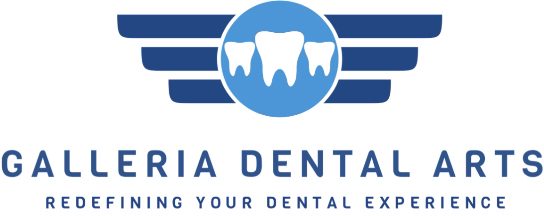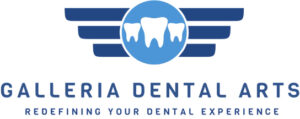Root canal treatment is a common dental procedure that is used to save a tooth from further damage or decay. Despite its prevalence and effectiveness, there are many myths and misconceptions surrounding root canals.
These myths can lead to unnecessary fear and anxiety for patients who may be considering a root canal. It is important to understand the truth behind these myths so that individuals can make informed decisions about their dental care. This guide will examine some of the most common root canal myths and provide insight into the reality behind them.
1) “They Hurt”
Root canal treatments have gained a bad reputation, leading many to believe it’s a painful and lengthy procedure. However, this couldn’t be further from the truth.
In fact, root canals are often no more uncomfortable than getting a filling, and the procedure is usually completed in one or two office visits. With the help of local anesthetic, most patients experience little to no pain during the procedure.
2) “They Can Make You Sick”
Root canal myths that revolve around the idea that they can make you sick are wrong. Root canals are actually a safe and effective way to save a tooth that has been damaged by decay or infection.
While there is a chance that bacteria can enter the bloodstream during the procedure, the risk is minimal and it is not known to cause any serious health issues. In fact, leaving an infected or decayed tooth untreated is more likely to cause serious health complications than getting a root canal.
3) “You Can’t Have Them When Your Tooth is Infected”
Root canal myths are pervasive and can lead to misinformation about the procedure. One common myth is that you can’t have root canals when your tooth is infected. This is false; root canal therapy is designed to treat an infected tooth.
In fact, root canals are one of the most common treatments for an infected tooth. The procedure involves cleaning out the infected tissue and sealing the area to prevent further infection. If your tooth is infected, a root canal could be the best option for restoring your oral health.
4) “Root Canals Fix Your Teeth Permanently”
Root canals are a common dental procedure used to save a tooth that is severely damaged. They are a permanent solution for teeth with severe decay or infection. The process can involve removing the infected pulp, cleaning and sealing the inside of the tooth, and then restoring the tooth with a dental crown.
Root canals can help to restore the appearance and function of your tooth, and can help to prevent future pain and infection. Despite common myths, root canals are generally a safe and effective way to preserve your tooth and restore its health.
5) “It’s Better to Pull Your Tooth Out”
It’s often thought that it’s better to pull a tooth out than to get a root canal. However, this is not the case. While it’s true that a root canal is a complex procedure, it’s still the best way to preserve a tooth if you’re dealing with an infection or decay.
Pulling a tooth out can cause a variety of dental issues, including an increased risk of gum disease, shifting teeth, and misalignment. Root canals are a much better option for preserving a tooth and can even be a more cost-effective solution in the long run.
Conclusion
There are many myths surrounding root canals that are not true, such as the procedure being painful, that it will weaken the tooth, or that it can cause serious health problems. The truth is that root canals can be relatively painless and are actually beneficial for the health of the tooth and the patient.
To ensure optimal tooth health, Galleria Dental Arts can help you get the proper root canal treatment. We are a cosmetic dentist in Alexandria, VA that will provide quality care for you. Get in touch with us today to learn how.





